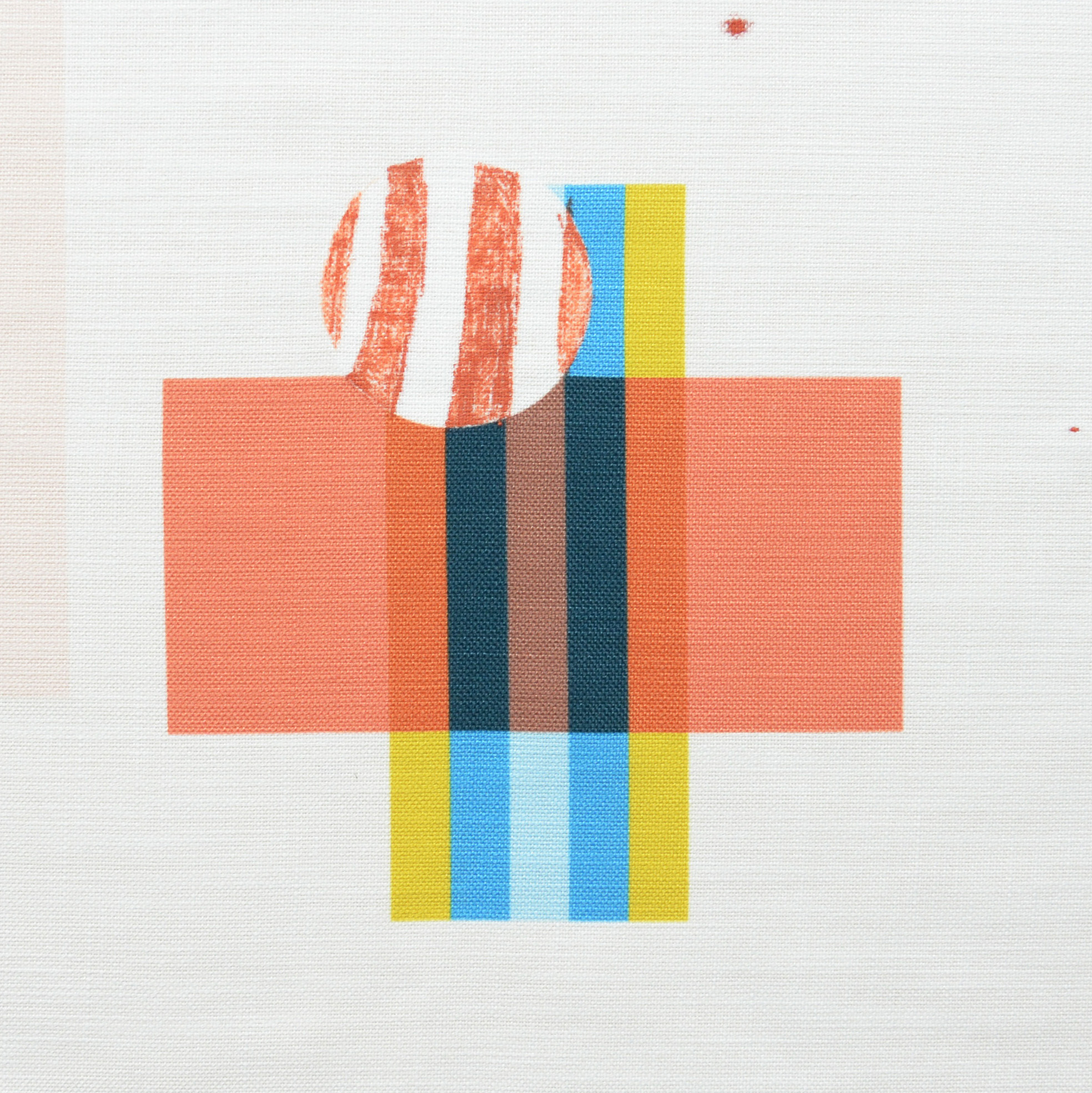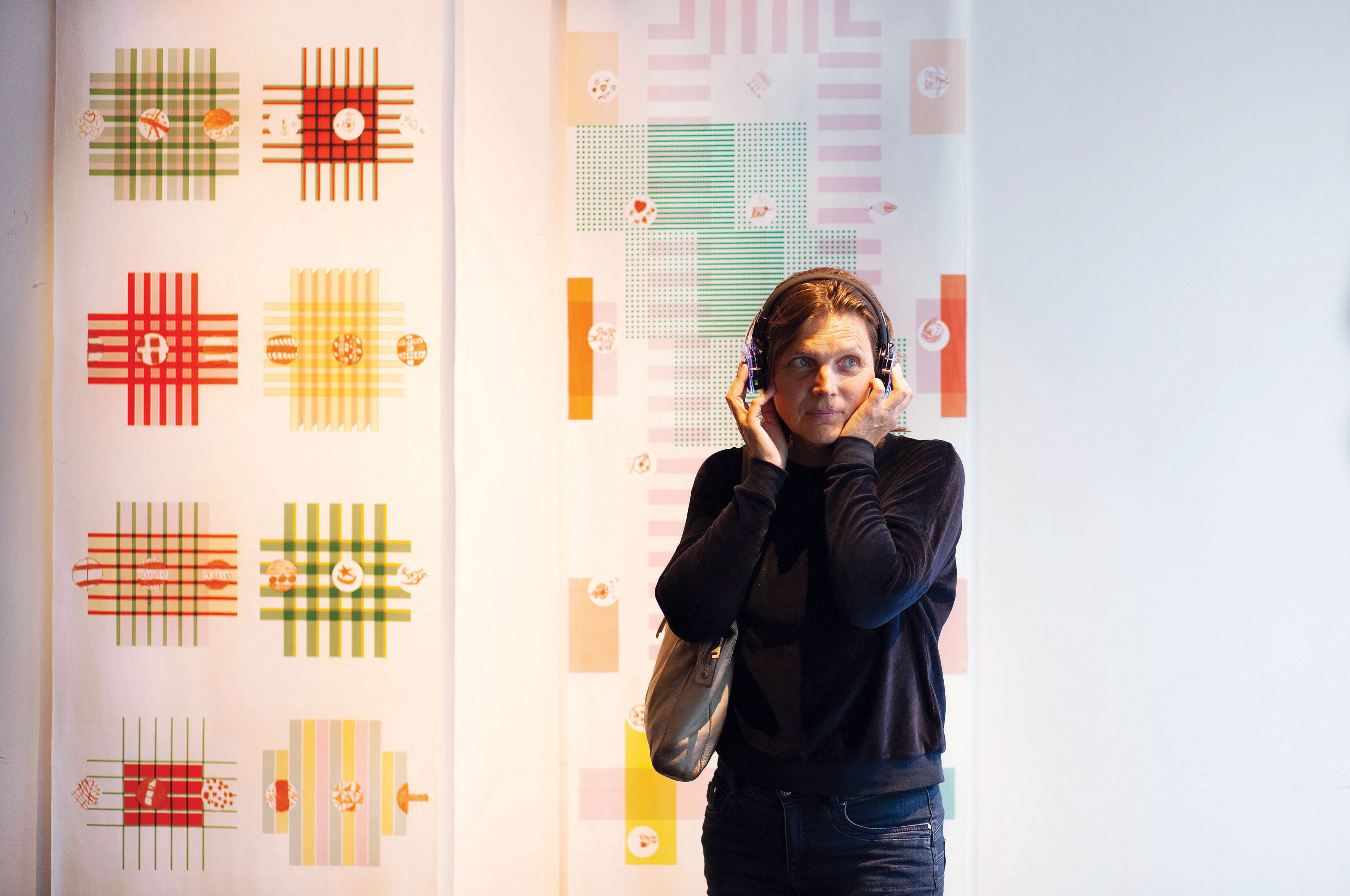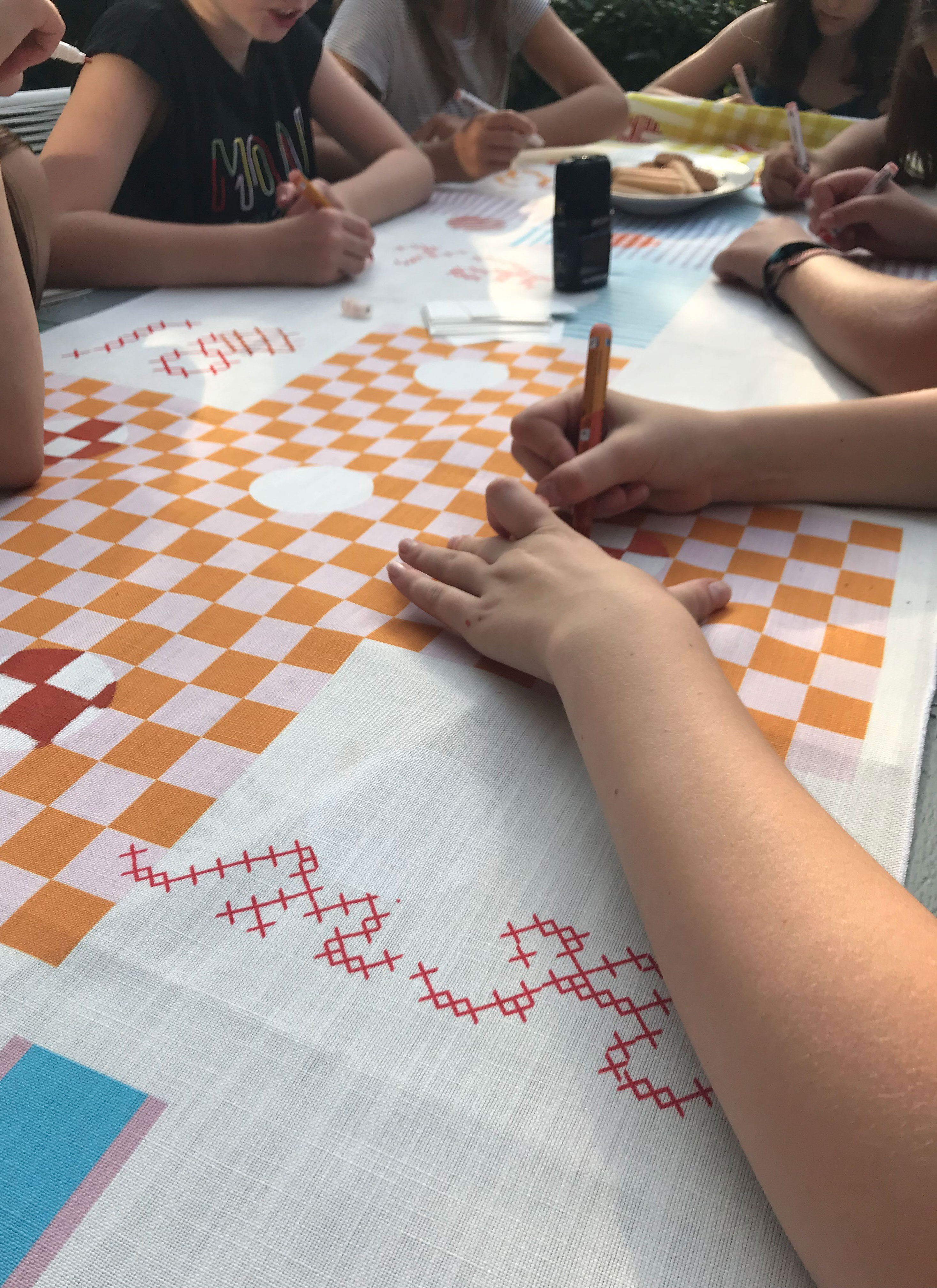PROJECTS
Klas op kleur
Stadsarchief Amsterdam
Studies in Vilt
Art Chapel, Beatrixpark
the Hotel Chronicles
Lloyd Hotel
Speelwerk
BPD, Burgerweeshuis
+ archive
Klas op kleur
Stadsarchief Amsterdam
Studies in Vilt
Art Chapel, Beatrixpark
the Hotel Chronicles
Lloyd Hotel
Speelwerk
BPD, Burgerweeshuis
+ archive





Community project and installation
Pakhuis de Zwijger, New Metropolis
material
audio and textile (cotton)
size
collaborative patches,
350 x 60 cm;
audio, 7 soundpieces
This project was generously supported
by Amsterdams Fonds voor de Kunst,
Creative Industries Fund NL
(Stimuleringsfonds)
and Pakhuis de Zwijger
Special thanks to
Sound production
Chris Rijksen
Photography studio
Masha Bakker
Reportage photography
Patricia Wolf
Text
Margarita Osipian
Marketing
Makerting
Listen to de S+oplap podcast
(in Dutch) at: Spotify, Itunes
or Radio Public
DE S+OPLAP
The stoplap is a Dutch term for the ‘darning sampler’, which young girls (between 12 and 15 years old) created in order to practice a variety of needlework techniques and darning stitches. The stoplap was common between the 17th and 20th century, and functioned as a way to teach women, especially orphans, a trade that would allow them to earn money independently.
The very nature of the stoplap, as a space for both precision and imperfection, is at the heart of this project. Patches that were stitched too far to the left; patches that didn’t quite fit; patches that were never finished at all. These pieces of handwork and their symbolism—embodying perfection and imperfection simultaneously—can be extended beyond their historical moment to a current generation of girls in Amsterdam.
The central elements of this project are long pieces of fabric which are printed with a graphic pattern inspired by old darning samplers—comprised of gaps and holes, a contemporary translation of a stoplap. Over the course of a series of working sessions at New Metropolis in Nieuw-West, teenage girls from the neighborhood were asked to restore the incomplete prints. The conversations between the girls were recorded as a sound document.
The installation consisted of six large collaborative patches, the documented conversations and original darning samplers.
The stoplap is a Dutch term for the ‘darning sampler’, which young girls (between 12 and 15 years old) created in order to practice a variety of needlework techniques and darning stitches. The stoplap was common between the 17th and 20th century, and functioned as a way to teach women, especially orphans, a trade that would allow them to earn money independently.
The very nature of the stoplap, as a space for both precision and imperfection, is at the heart of this project. Patches that were stitched too far to the left; patches that didn’t quite fit; patches that were never finished at all. These pieces of handwork and their symbolism—embodying perfection and imperfection simultaneously—can be extended beyond their historical moment to a current generation of girls in Amsterdam.
The central elements of this project are long pieces of fabric which are printed with a graphic pattern inspired by old darning samplers—comprised of gaps and holes, a contemporary translation of a stoplap. Over the course of a series of working sessions at New Metropolis in Nieuw-West, teenage girls from the neighborhood were asked to restore the incomplete prints. The conversations between the girls were recorded as a sound document.
The installation consisted of six large collaborative patches, the documented conversations and original darning samplers.